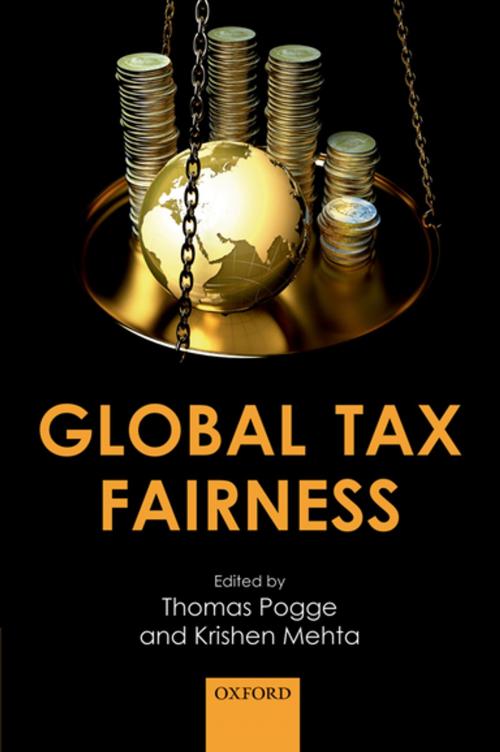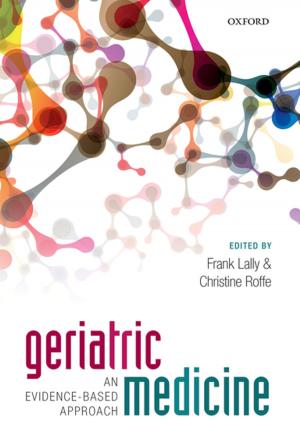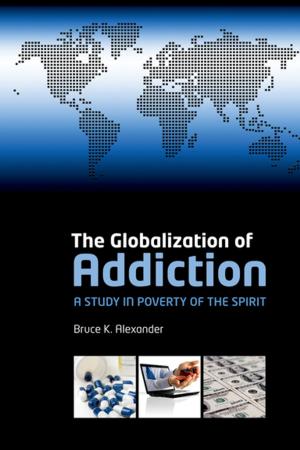| Author: | ISBN: | 9780191038624 | |
| Publisher: | OUP Oxford | Publication: | February 4, 2016 |
| Imprint: | OUP Oxford | Language: | English |
| Author: | |
| ISBN: | 9780191038624 |
| Publisher: | OUP Oxford |
| Publication: | February 4, 2016 |
| Imprint: | OUP Oxford |
| Language: | English |
This book addresses sixteen different reform proposals that are urgently needed to correct the fault lines in the international tax system as it exists today, and which deprive both developing and developed countries of critical tax resources. It offers clear and concrete ideas on how the reforms can be achieved and why they are important for a more just and equitable global system to prevail. The key to reducing the tax gap and consequent human rights deficit in poor countries is global financial transparency. Such transparency is essential to curbing illicit financial flows that drain less developed countries of capital and tax revenues, and are an impediment to sustainable development. A major break-through for financial transparency is now within reach. The policy reforms outlined in this book not only advance tax justice but also protect human rights by curtailing illegal activity and making available more resources for development. While the reforms are realistic they require both political and an informed and engaged civil society that can put pressure on governments and policy makers to act.
This book addresses sixteen different reform proposals that are urgently needed to correct the fault lines in the international tax system as it exists today, and which deprive both developing and developed countries of critical tax resources. It offers clear and concrete ideas on how the reforms can be achieved and why they are important for a more just and equitable global system to prevail. The key to reducing the tax gap and consequent human rights deficit in poor countries is global financial transparency. Such transparency is essential to curbing illicit financial flows that drain less developed countries of capital and tax revenues, and are an impediment to sustainable development. A major break-through for financial transparency is now within reach. The policy reforms outlined in this book not only advance tax justice but also protect human rights by curtailing illegal activity and making available more resources for development. While the reforms are realistic they require both political and an informed and engaged civil society that can put pressure on governments and policy makers to act.















